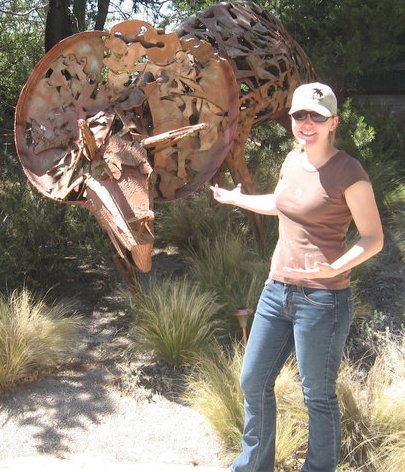Rather than spend an entire post complaining, again, about the difficulties I've been having at school I'll just give a quick update.
Yeah, I'm still pursuing my degree. I started out this past semester with some pretty lofty goals: submit one of my master's chapters to a journal, finish my first analysis of my first dissertation project, submit my dissertation proposal to the department. What ended up happening was that I started reanalyzing my master's data and coming up with new ways to deal with it. Then I go caught up with teaching and grading. Then I got caught up with trying to get the dissertation project going and I haven't touched the master's work for months. In short, everything has been started, but nothing is done.
The one thing I did mange to do in the past week was submit an abstract to a conference where I will be presenting my Chapter 1 work. That conference isn't until March, which seems like a lot of time but it isn't. The past 4 months have taught me that everything I want to do is going to take at least twice as long as I plan. So, having said that, here is the game plan for the next semester:
Over winter break, write a first draft for a departmental grant, and get the modern museum data for my chapter 1 project.
First two weeks of school, grant done for the department.
End of January, have a first analysis completely done of the chapter 1 data.
End of February, finished analysis of chapter 1.
This list can't be changed, which means anything else without hard deadlines will have to be flexible. It's amazing how little things here and there can chip away at what seems like limitless time. I'm supposed to be the teaching assistant for a different course than I normally teach, which will likely have significantly less grading than has been expected of me before. My adviser is also the instructor, so we'll see what her expectations are.
I think I have to make something perfectly clear to everyone, including myself. I am in graduate school primarily to graduate, and everything else in my graduate school life that doesn't move me in the direction of graduating is not my primary concern at this point. I need money to survive, and teaching is a means to an end. Things that cause me stress and make me miserable don't need to be a part of my life, either. I need food, shelter, exercise, a social life that balances out my work, and to graduate. That's it.
It's been a very rough semester.
8 hours ago

